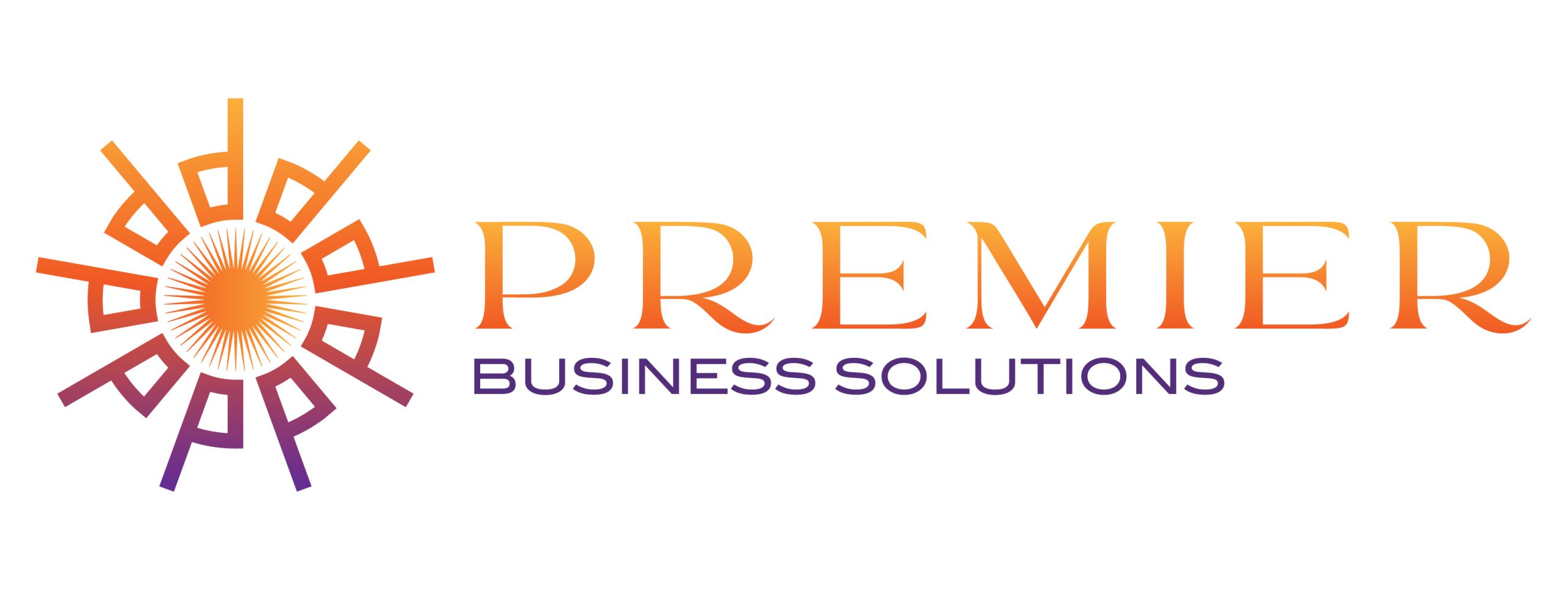Paying estimated taxes is a critical responsibility for individuals and businesses, especially for those with income not subject to withholding, such as self-employment earnings, investments, or rental income. Missing an estimated tax payment can lead to non-deductible penalties, creating unnecessary financial burdens. By understanding the rules and deadlines, you can avoid these penalties and stay on top of your tax obligations.
Secure Payment Methods
The IRS offers two convenient and secure options for making estimated tax payments:
- IRS Direct Pay: This service allows you to pay directly from your checking or savings account without additional fees.
- Electronic Federal Tax Payment System (EFTPS): A versatile platform that provides flexibility for scheduling payments and managing multiple accounts.
Both methods are designed to help you meet your tax obligations efficiently and avoid penalties.
Key Points to Remember
1. Due Dates
For timely compliance, mark your calendar with these important deadlines:
- Tax Year 2024:
- April 15, 2024
- June 17, 2024
- September 16, 2024
- January 15, 2025
- Tax Year 2025:
- April 15, 2025
- June 16, 2025
- September 15, 2025
- January 15, 2026
Late payments can result in penalties, so setting reminders can help you stay on track.
2. Avoiding Penalties
To sidestep penalties, ensure you meet one of these thresholds:
- Pay at least 90% of your current year’s tax liability.
- Alternatively, pay 100% of your prior year’s tax liability (or 110% if your adjusted gross income (AGI) from the previous year exceeds $150,000).
Planning your payments with these benchmarks in mind minimizes the risk of penalties.
3. Exceptions for Uneven Income Earners
If your income fluctuates throughout the year, you can benefit from the annualized income method. This approach allows you to align estimated payments with your actual earnings during each period, reducing overpayments and penalties.
4. Catch-Up Payments
If you miss a scheduled payment, a catch-up payment can stop penalties from continuing to accrue. However, it’s essential to understand that a catch-up payment doesn’t erase penalties already assessed. Acting promptly can limit additional costs.
Practical Tips for Managing Estimated Taxes
- Track Your Income: Regularly monitor your income, especially if it varies, to accurately project your tax liability.
- Use Tax Software: Modern tax software often includes estimated tax calculators, making it easier to stay on track.
- Consult a Tax Professional: If you’re unsure about your tax situation, consulting with a professional ensures compliance and maximizes deductions.
Conclusion
Making timely estimated tax payments is vital to avoiding non-deductible penalties. The IRS provides user-friendly tools such as Direct Pay and EFTPS to facilitate secure and efficient payments. By understanding deadlines, adhering to payment thresholds, and taking advantage of methods like annualized income, you can maintain compliance and reduce stress during tax season.
If you have questions or need assistance with your estimated tax payments, please feel free to call our office directly at 757-644-3011.

